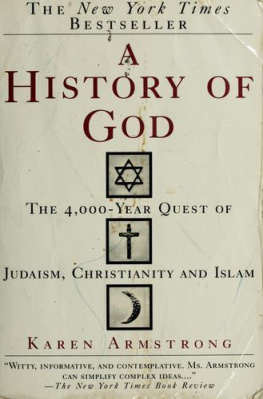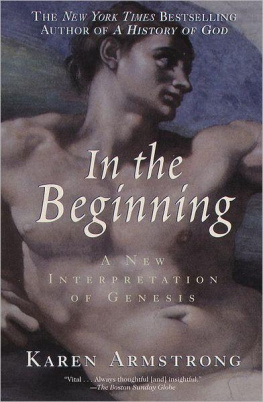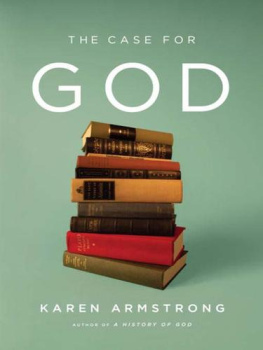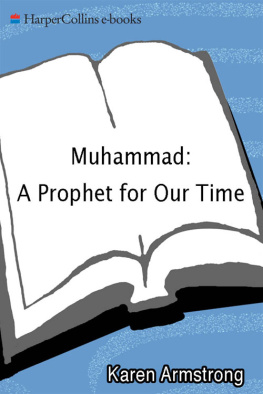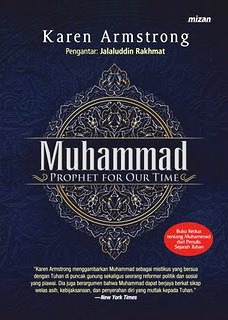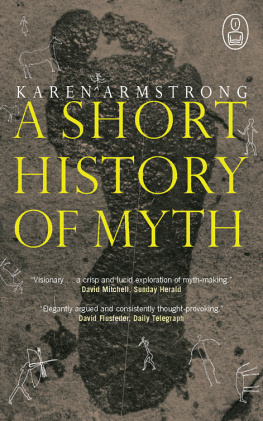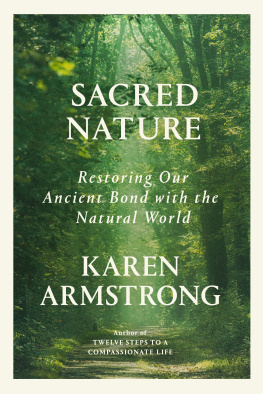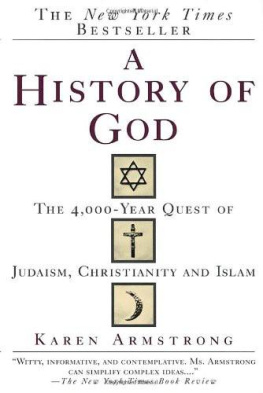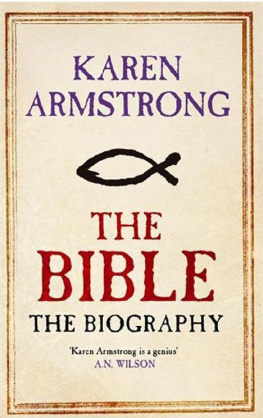The Jews of Islam c. 750
Introduction
As a child, I had a number of strong religious beliefs but little faith in God. There is a distinction between belief in a set of propositions and a faith which enables us to put our trust in them. I believed implicitly in the existence of God; I also believed in the Real Presence of Christ in the Eucharist, the efficacy of the sacraments, the prospect of eternal damnation and the objective reality of Purgatory. I cannot say, however, that my belief in these religious opinions about the nature of ultimate reality gave me much confidence that life here on earth was good or beneficent. The Roman Catholicism of my childhood was a rather frightening creed. James Joyce got it right in Portrait of the Artist as a Young Man : I listened to my share of hell-fire sermons. In fact Hell seemed a more potent reality than God, because it was something that I could grasp imaginatively. God, on the other hand, was a somewhat shadowy figure, defined in intellectual abstractions rather than images. When I was about eight years old, I had to memorise this catechism answer to the question, 'What is God?': 'God is the Supreme Spirit, Who alone exists of Himself and is infinite in all perfections.' Not surprisingly, it meant little to me and I am bound to say that it still leaves me cold. It has always seemed a singularly arid, pompous and arrogant definition. Since writing this book, however, I have come to believe that it is also incorrect.
As I grew up, I realised that there was more to religion than fear. I read the lives of the saints, the metaphysical poets, T. S. Eliot and some of the simpler writings of the mystics. I began to be moved by the beauty of the liturgy and, though God remained distant, I felt that it was possible to break through to him and that the vision would transfigure the whole of created reality. To do this I entered a religious order and, as a novice and a young nun, I learned a good deal more about the faith. I applied myself to apologetics, scripture, theology and church history. I delved into the history of the monastic life and embarked on a minute discussion of the Rule of my own order, which we had to learn by heart. Strangely enough, God figured very little in any of this. Attention seemed focused on secondary details and the more peripheral aspects of religion. I wrestled with myself in prayer, trying to force my mind to encounter God but he remained a stern taskmaster, who observed my every infringement of the Rule, or tantalisingly absent. The more I read about the raptures of the saints, the more of a failure I felt. I was unhappily aware that what little religious experience I had, had somehow been manufactured by myself as I worked upon my own feelings and imagination. Sometimes a sense of devotion was an aesthetic response to the beauty of the Gregorian chant and the liturgy. But nothing had actually happened to me from a source beyond myself. I never glimpsed the God described by the prophets and mystics. Jesus Christ, about whom we talked far more than about 'God', seemed a purely historical figure, inextricably embedded in late antiquity. I also began to have grave doubts about some of the doctrines of the Church. How could anybody possibly know for certain that the man Jesus had been God incarnate and what did such a belief mean? Did the New Testament really teach the elaborate - and highly contradictory - doctrine of the Trinity or was this, like so many other articles of the faith, a fabrication by theologians centuries after the death of Christ in Jerusalem?
Eventually, with regret, I left the religious life and once freed of the burden of failure and inadequacy, I felt my belief in God slip quietly away. He had never really impinged upon my life, though I had done my best to enable him to do so. Now that I no longer felt so guilty and anxious about him, he became too remote to be a reality. My interest in religion continued, however, and I made a number of television programmes about the early history of Christianity and the nature of the religious experience. The more I learned about the history of religion, the more my earlier misgivings were justified. The doctrines that I had accepted without question as a child were indeed man-made, constructed over a long period of time. Science seemed to have disposed of the Creator God and biblical scholars had proved that Jesus had never claimed to be divine. As an epileptic, I had flashes of vision that I knew to be a mere neurological defect: had the visions and raptures of the saints also been a mere mental quirk? Increasingly, God seemed an aberration, something that the human race had outgrown.
Despite my years as a nun, I do not believe that my experience of God is unusual. My ideas about God were formed in childhood and did not keep abreast of my growing knowledge in other disciplines. I had revised simplistic childhood views of Father Christmas; I had come to a more mature understanding of the complexities of the human predicament than had been possible in the kindergarten. Yet my early, confused ideas about God had not been modified or developed. People without my peculiarly religious background may also find that their notion of God was formed in infancy. Since those days, we have put away childish things and have discarded the God of our first years.

